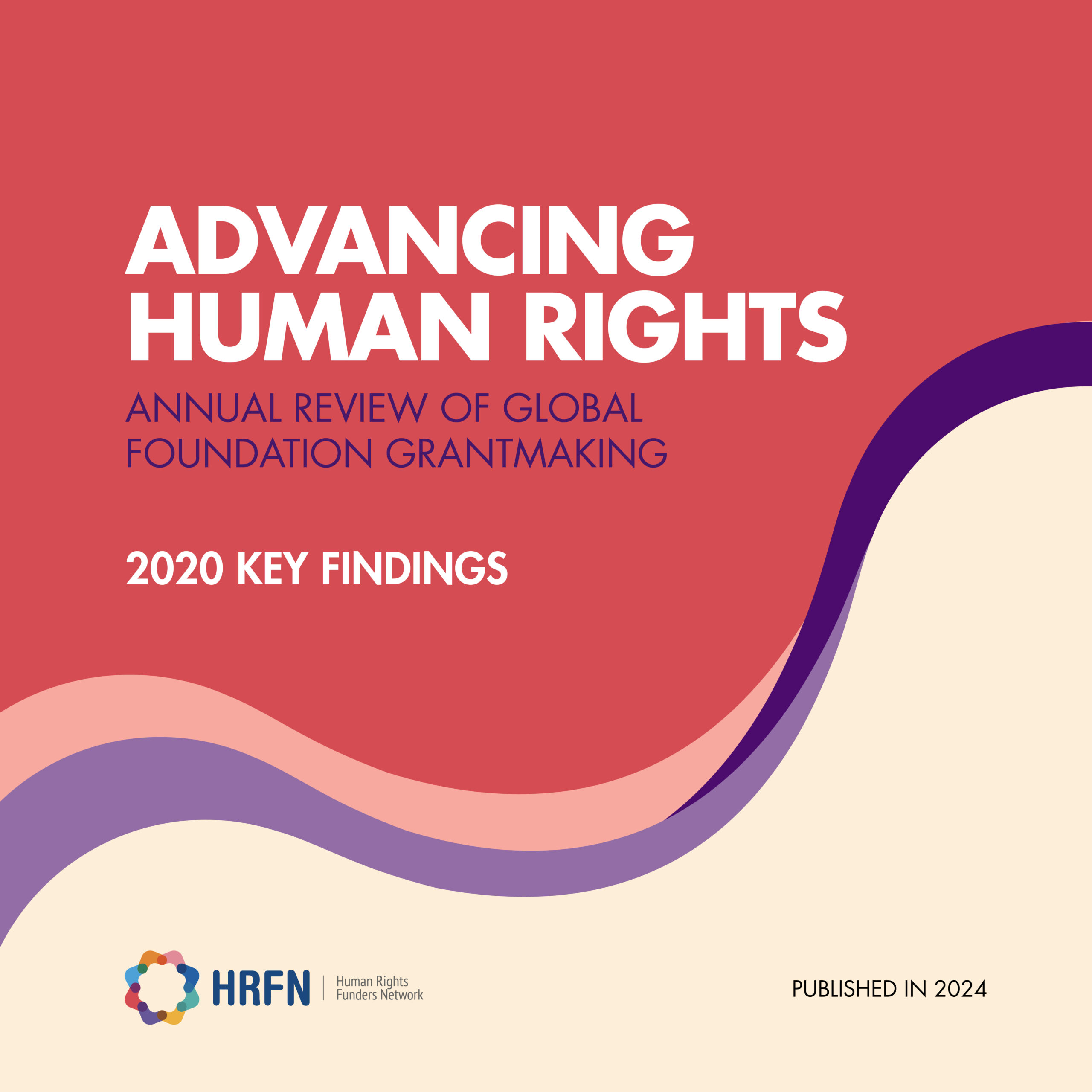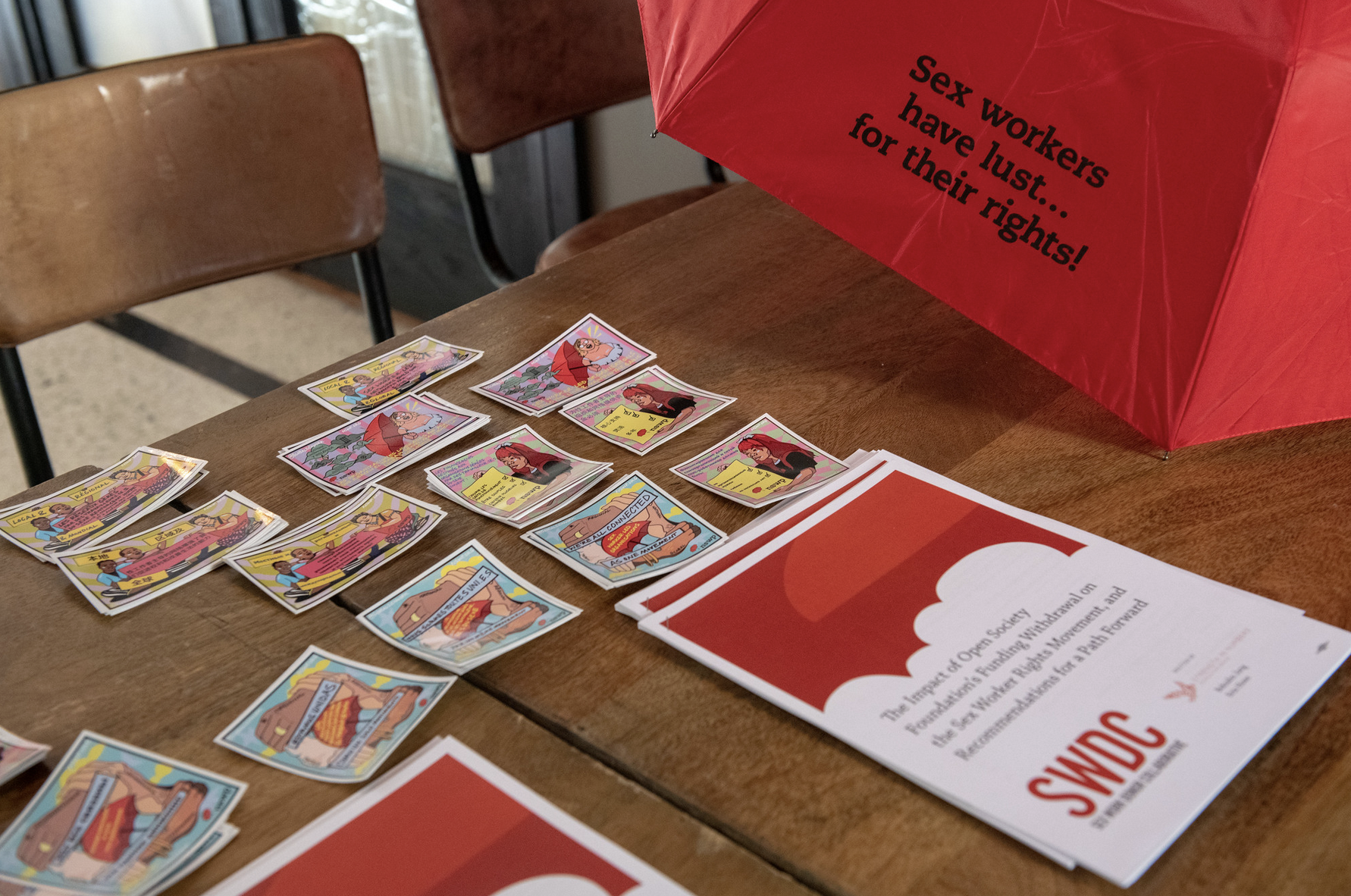We Are Going Slowly Because We Are Going Far
Our Human Rights Grantmaking Principles blog series is produced in collaboration with Ariadne and Gender Funders CoLab.
By Marga Morales, Greta Frankenfeld, and Fiona Montagud*
Calala Women’s Fund
What happens when a feminist fund based in the Global North listens to migrant and antiracist activists? Beautiful things with boundless potential.
Many of us who work for funds and foundations are reflecting on power relations in philanthropy. We have a responsibility to build a decolonial philanthropy that recognizes privilege and responds to racism and other forms of injustice. That involves reflecting on our own programs and portfolios, on what happens inside our organizations, on our privileges and – above all – recognizing that much of this knowledge comes to us from the Global South.
Calala Women’s Fund is on this journey. In 2019, we carried out a study about the migrant women’s movement to learn how to better support it. We used the Movement Capacity Assessment Tool, developed by Global Fund for Women. We intentionally chose a researcher who was herself a migrant woman, feminist, and antiracist activist. We did not want another study by white experts on migrant women. We thought we were taking a thoughtful, collaborative approach to meeting the movement’s needs, but we were wrong.
As soon as the field work began, our grantees from the movement shared their first criticisms. The idea to carry out this analysis of the movement had not come from the migrant and racialized1 women’s organizations themselves, nor had they participated in the design of the methodology. We quickly realized that we should have involved these organizations, and the broader movement, at an earlier stage of the process.
This was an important learning for us, and we adapted. We established an advisory group made up of 15 representatives from migrant and racialized women’s organizations. This group makes decisions regarding the scope, use of resources, and methodologies for Calala’s capacity- and alliance-building activities with migrant and racialized activists. Members of the participating organizations facilitate these activities and we pay them for their work in recognition of the value of their time and expertise.
In 2021, with guidance from the advisory group, Calala supported an initiative to document the genealogy of the migrant and racialized women’s movement in Spain. This time, we responded to a real, community-driven request from the movement. This history had never been written, and it was seen as strategic to facilitate dialogue in the movement, bring people from different generations together, and establish a foundation for a possible future common agenda. One of the direct outcomes was that migrant and racialized women’s organizations decided to create a working group on antiracism and advocacy, a local response to a global context where the extreme right discourses are growing. This would not have been possible if we had not stepped back and shared our decision-making power with our grantees.
This is only part of the story. This shift in how we approach our work has only been possible because, when criticism arrived, we were already in the process of changing as an organization. Some people in our diverse team had already begun reflecting on decoloniality and the impact and aftermath of colonization. The knowledge from the epistemologies and cosmogonies2 from Mesoamerica were already nourishing Calala, due to our history as an organization, the relationship with the grantees we support in Central America and Mexico and, of course, to colleagues in our staff and board who come from or have lived in that region.
We started thinking about our organization’s identity and the identities of our board and staff, as well as about the internal dynamics and power relations within Calala. As our team began to grow, we decided that, as an organization in the Global North that finances organizations in Mesomerica and organizations of migrant and racialized women in Spain, our team should be more diverse. Today, half of our staff and board are migrant women and most of them identify as racialized women.
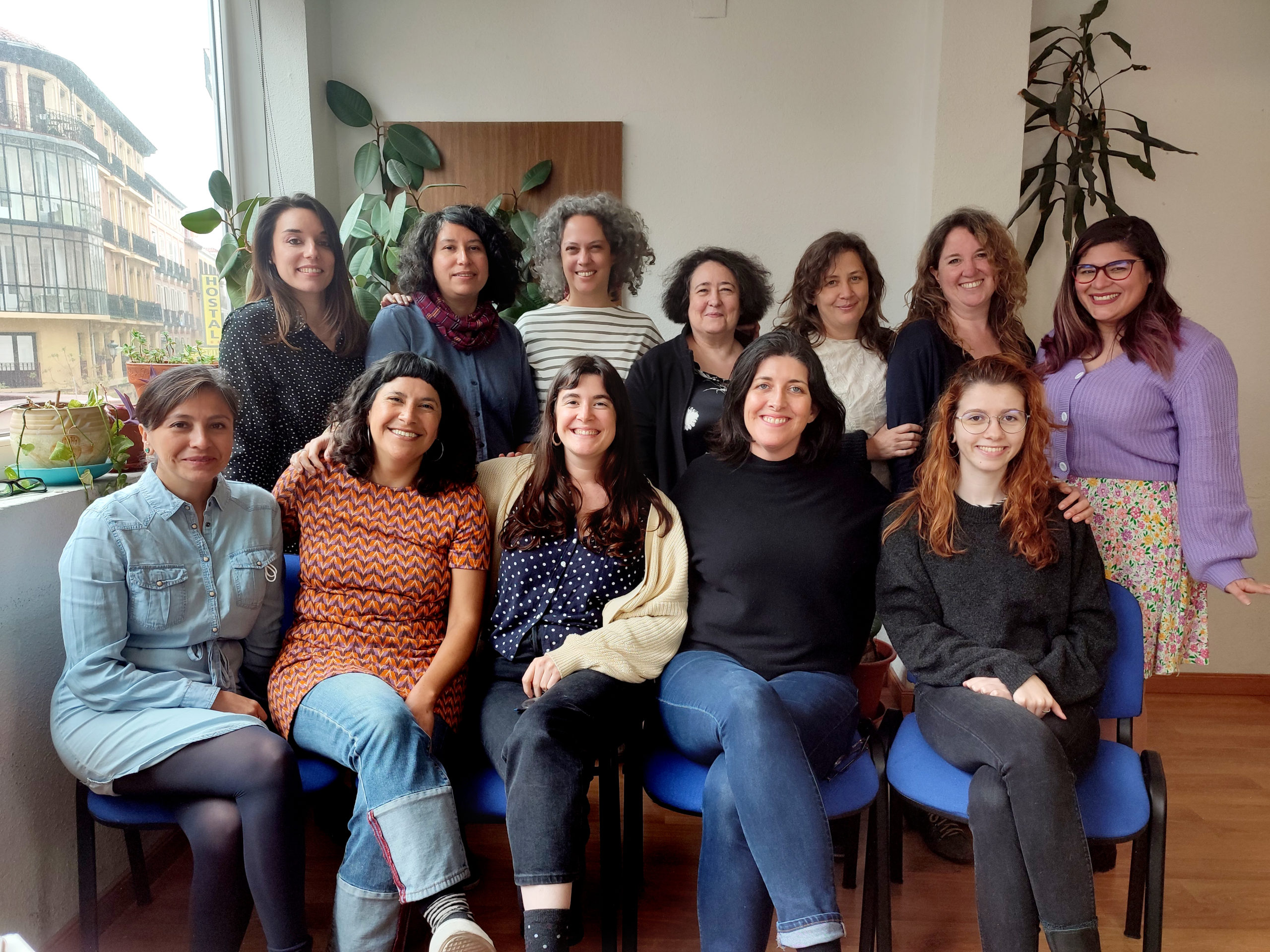
We learned from our grantees that we cannot leave antiracism only to the work we support externally, and we started a process of integrating a decolonial perspective throughout Calala. Since the end of 2019, we have undertaken internal training activities that are helping us to be aware of our European, white, and class privileges, and of the power relationships that we reproduce. We have also undertaken a diagnosis looking into different dimensions in Calala: political will, composition and structure of the organization, technical skills, organizational culture, and monitoring and evaluation.
Considering the results, we developed what we call our Alebrije Plan.3 This plan has measures to incorporate a decolonial perspective in all of our policies, to work towards a more horizontal structure, to strengthen our individual and organizational capacities, to make sure this is a collective effort that does not depend on only a few of us, and to establish ways to know we are on the right path. One of the first measures in place has been to create our new Protocol Against Racist Violence. We understand that as a racially-mixed organization working with migrant, Afro-descendant, and Indigenous women, we can reproduce this type of violence (for instance in the form of unconscious bias and microaggressions, structural discrimination, etc.) and we need mechanisms to identify it if it happens and respond.
This is a long process, and we still have a lot to do. Learnings are possible because of our openness to changing our way of working and, little by little, our way of thinking. We now know that we need to invest time and resources to do things differently. That we need the accompaniment of antiracist and decolonial activists who are very generously walking this path with us. That this is painful for all of us, especially for our migrant and racialized colleagues, and that we need to take care of each other along the way. That beautiful things, such as diverse women coming together to advocate against racism, will continue happening if we continue listening and building mutual trust. Above all, we know that we are going slowly because we are going far.
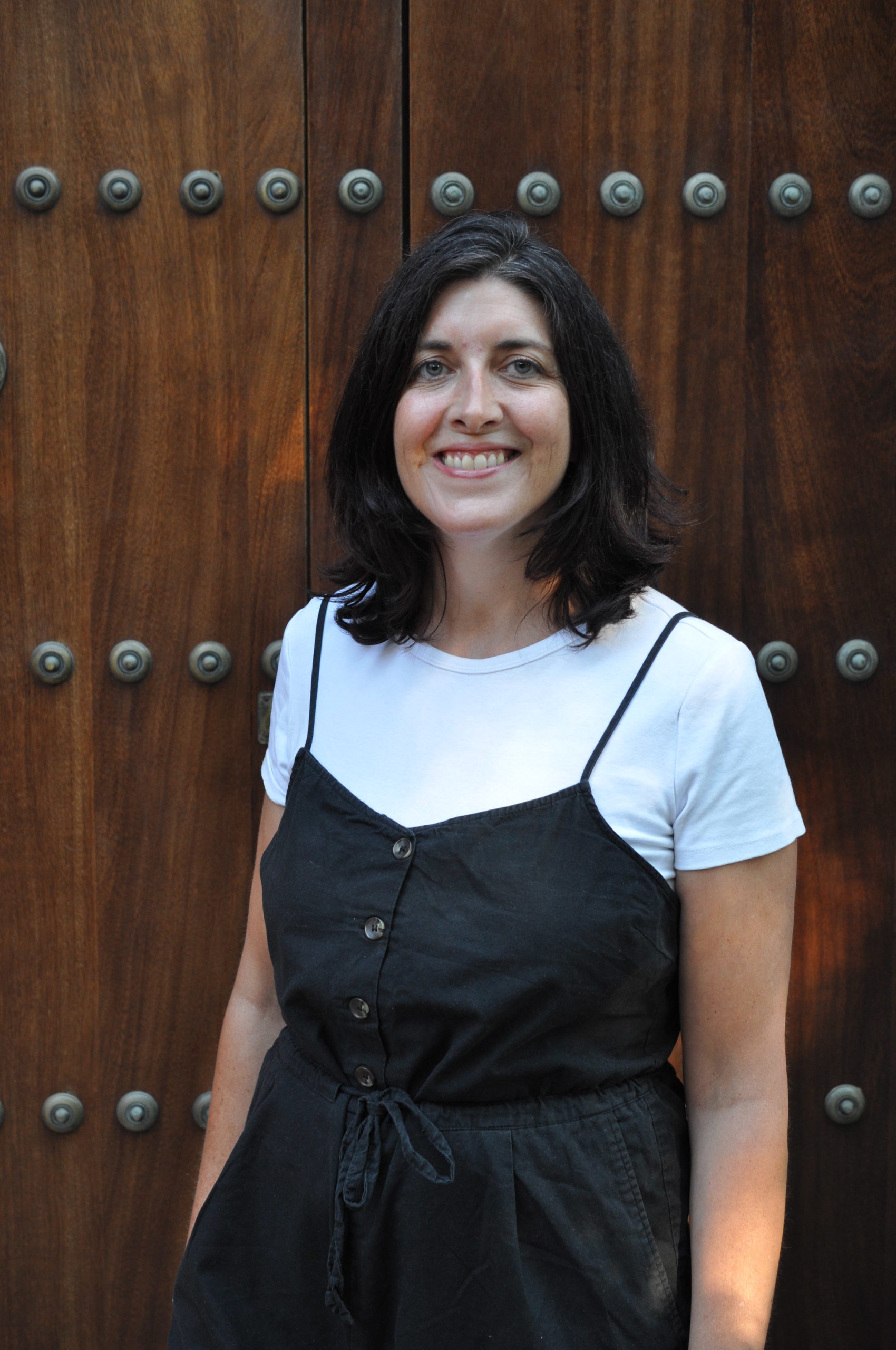
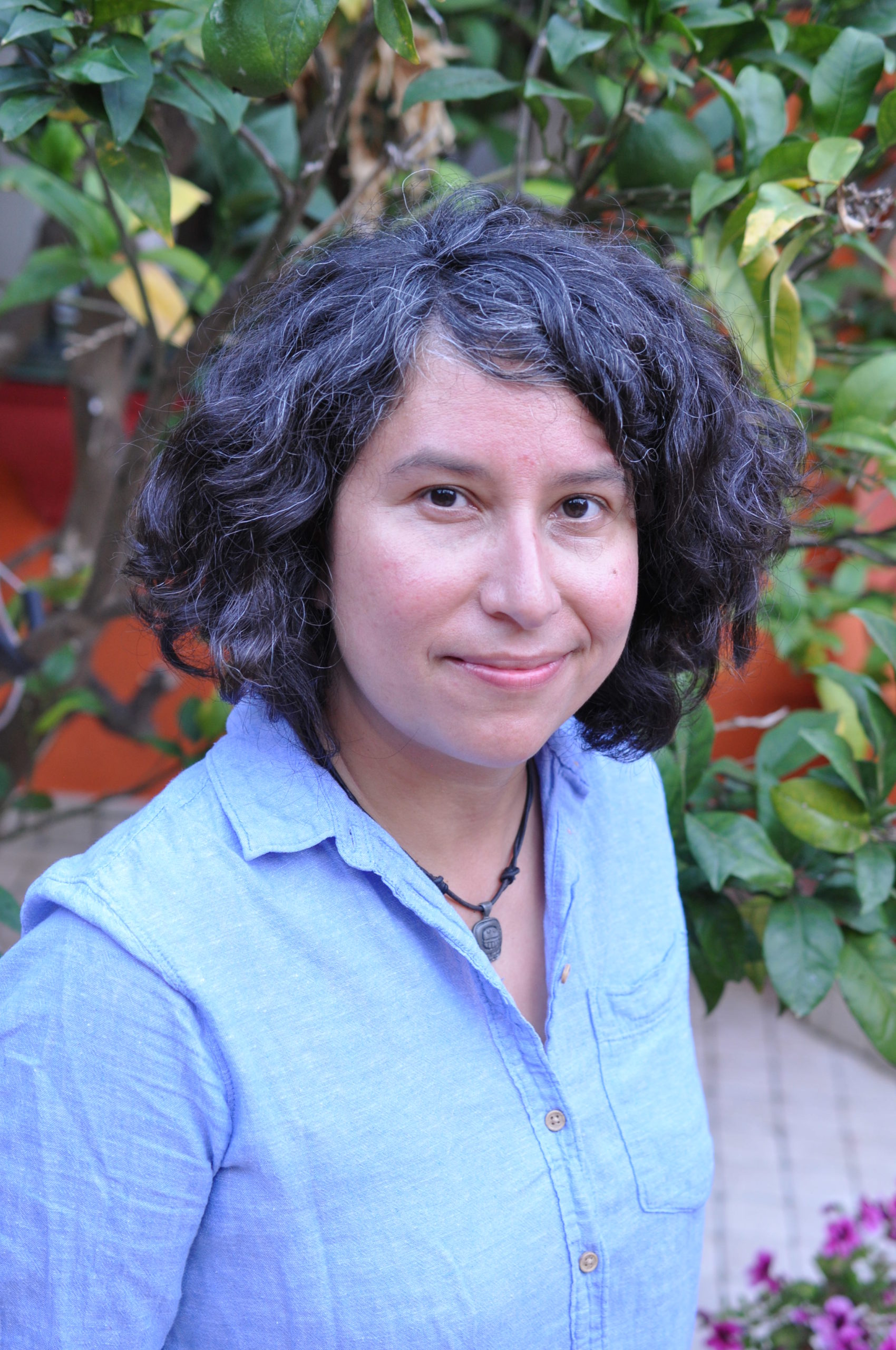
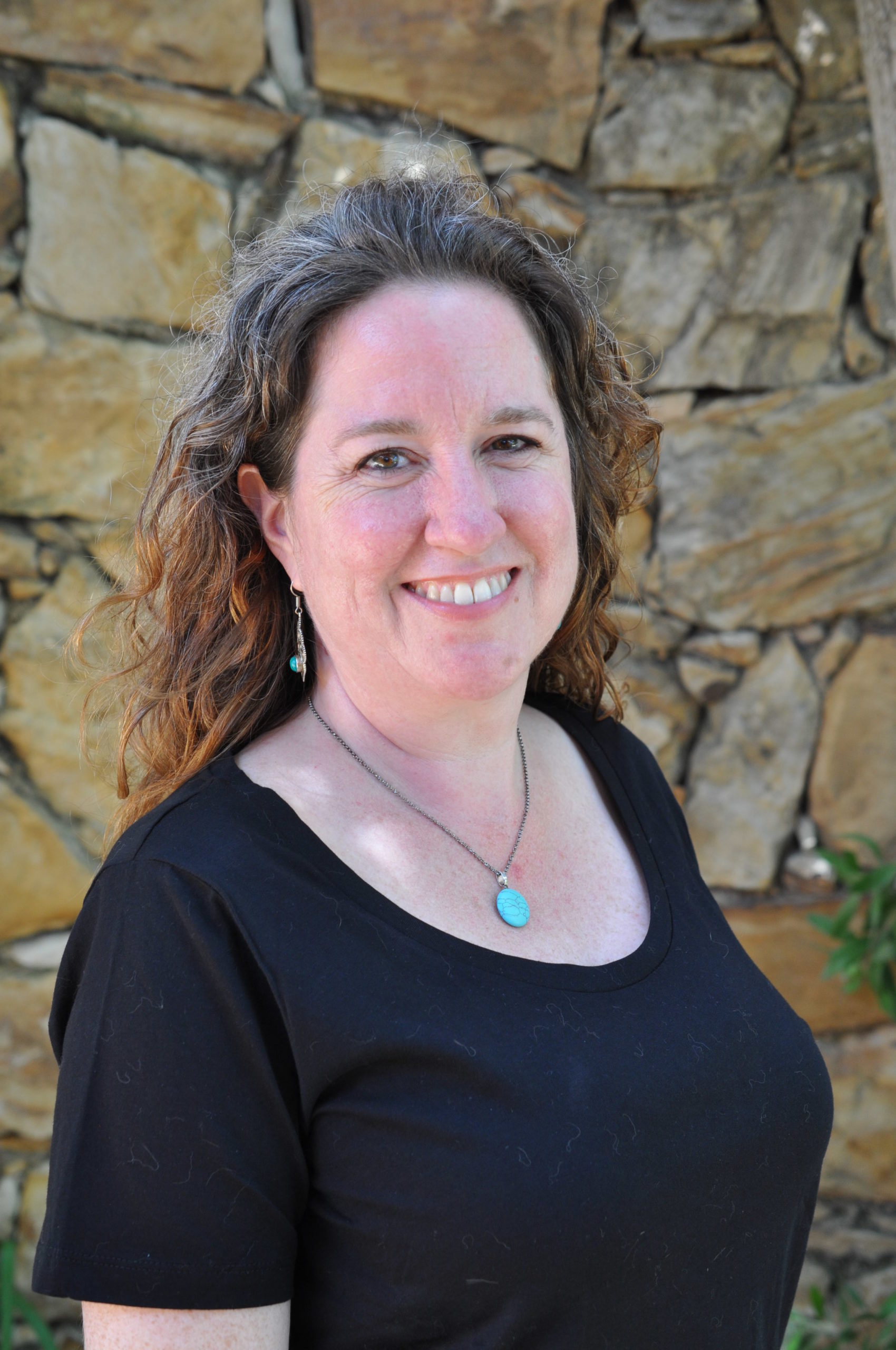
*Marga Morales, Greta Frankenfeld, and Fiona Montagud live and work in Spain at Calala Women’s Fund. They jointly authored this article from their perspectives as a racialized migrant woman from El Salvador, a white migrant woman from Argentina, and a Spanish white woman. Their reflections are the result of an accompaniment process led by decolonial activists Adriana Zumarán, in a first phase, and Plaza de los Pueblos, in a second phase.
1 “Racialization” is a social construct of racial assignment to populations, which establishes a hierarchical ranking of value. It is created through the social construction of the “other,” the “strange” — from a perspective of white superiority — and even though this social construct of racialization occurs for everybody, only non-white people are considered as such, given their subordinate position within this system. Based on the definition of Plaza de los Pueblos included in the Calala Women’s Fund Protocol Against Racist Violence.
2 Coloniality is the perpetuation of the political, social, cultural and territorial domination systems introduced during modern colonization in the current institutional models as well as, in some cases, the ways in which we interact with each other, once the stages of independence of the southern territories of the colonial metropolises have been completed. This domination is based on the delegitimization and annihilation of other ways of seeing and explaining the world (cosmogonies) and of building knowledge (epistemologies). Partially based on the definition of Plaza de los Pueblos included in the Calala Women’s Fund Protocol Against Racist Violence.
3 Hybrid creatures, formed by a combination of several animals into one. They are elements of the Zapotec culture and their function is to guide. Each alebrije is unique.
